When it comes to printing for both indoor and outdoor use, the materials you choose play a crucial role in ensuring the quality, longevity, and aesthetic appeal of your large-format prints. Picture your outdoor sign flapping in the wind or your indoor banner sagging like a wilted flower—this would be less than ideal!
Whether it’s battling rain and bird droppings outdoors or surviving rowdy kids indoors, your prints need to be produced on suitable materials. This guide covers the best options for both indoor and outdoor use, breaking down the pros, cons, and perfect use cases for each.
A Guide to Selecting the Best Materials for Your Large Format Print!
Why Material Matters: Selecting the right material for your prints involves more than just picking what looks good. You need to consider several factors:
- Durability: Will the print withstand wear and tear, or exposure to elements like wind, rain, and sunlight?
- Cost: How does the price compare to the expected lifespan of the material, and is this within budget?
- Aesthetics: Does the material complement the design, or will it affect how the print looks in various environmental conditions?
In this guide, we’ll explore materials specifically suited for either indoor or outdoor use, and how you can make the best choice based on your needs.
Materials for Indoor Prints
Indoor prints are typically shielded from harsh weather conditions, allowing for a wider range of material choices. However, factors such as reusability, ease of installation, and visual appeal are essential considerations for indoor use.
1. Foam
Advantages: Foam boards are a great option for large-format indoor prints. They are lightweight, durable, and easy to mount. Additionally, foam is known for being cost-effective while offering a clean, professional look.
Disadvantages: It is moisture-resistant, making it suitable for short-term outdoor application.
Use Case: Excellent for exhibitions, trade shows, and indoor signage where you need a big, bold display.
What Products Are Available in Foam?
Signage:

2. Cardboard
Advantages: Cardboard is a highly economical choice, making it ideal for short-term displays. It is lightweight and easy to recycle, making this an eco-friendly option.
Disadvantages: Cardboard is vulnerable to bending, tearing, and water damage, so it’s best suited for temporary use indoors.
Use Case: Best for short-term promotions, events, and disposable signage where cost is a key consideration.
What Products Are Available in Cardboard?
Signage:
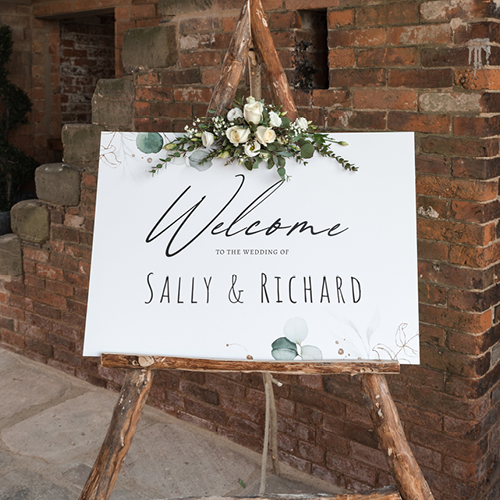
3. Whiteboard
Advantages: Reusable and writable, whiteboards offer a dynamic option for indoor prints. They can serve multiple purposes, from presentations to scheduling boards or announcement spaces for daily promotions.
Disadvantages: Cleaning with abrasive solutions can make your whiteboard look less polished over time. Depending on your marker brand, staining may occur if it is written on frequently.
Use Case: Ideal for conference rooms, educational spaces, or any setting where content needs to be frequently updated.
What Products Are Available?
Signage:

4. Supreme 450gsm Silk
Advantages: Our supreme 450gsm silk stock has a premium, smooth finish with a luxurious texture. Its thick, sturdy structure allows it to stand upright easily, making it perfect for promotional displays. The silk coating offers a subtle sheen without the glare of full gloss, ensuring your graphics and text look sharp and professional.
Disadvantages: While wipeable, 450gsm silk stock is not fully waterproof, so this should be taken into consideration when purchasing strut cards.
Use Cases: Ideal for counter or tabletop promotions, point-of-sale displays, and strut cards. Its sturdy nature ensures it stands securely on counters, making it perfect for short to medium-term marketing materials in retail environments, reception areas, or cafes.
Materials for Outdoor Prints
Outdoor prints are exposed to varying weather conditions, including wind, rain, and sunlight. This calls for durable materials that can maintain their integrity over time, even when subjected to harsh environments.
1. Correx
Advantages: Correx (corrugated plastic) is lightweight, cost-effective, and waterproof. It’s easy to handle and versatile, making it a popular choice for temporary outdoor signage.
Disadvantages: While durable, it is not as long-lasting as other materials like PVC or aluminium. It can become damaged in high winds or severe weather.
Use Case: Perfect for estate agent signs, event signage, or any temporary outdoor promotion.
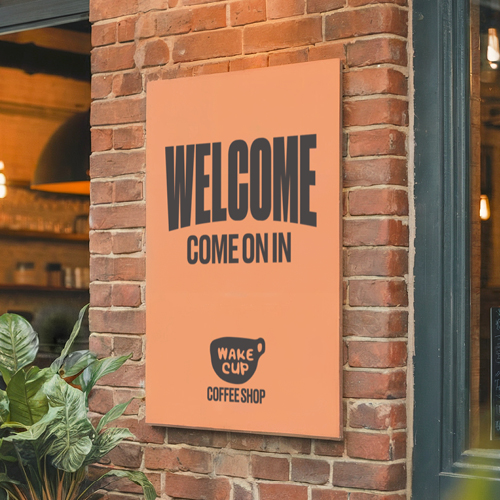
2. PVC Vinyl
Advantages: PVC Vinyl is a go-to for long-term outdoor signs. It is tear-resistant, waterproof, and can endure exposure to sun, rain, and wind without fading or damage. It also offers vibrant, high-quality print results.
Disadvantages: Vinyl can be more expensive than other materials, but it’s worth the investment for projects that need to last a long time outdoors.
Use Case: Great for banners and outdoor promotional materials that need to withstand the elements.
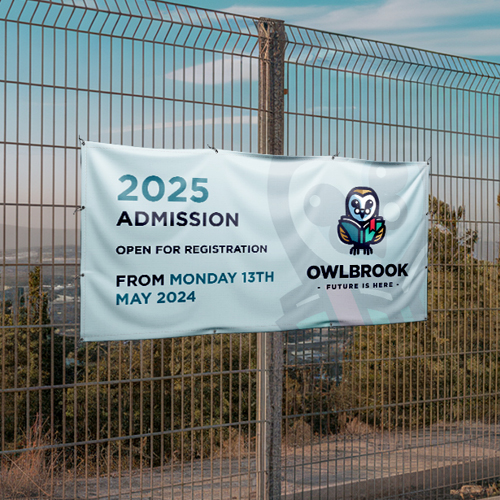
3. Aluminium
Advantages: Aluminium signs are extremely durable and weather-resistant, making them perfect for long-term outdoor use. They are also lightweight and easy to mount.
Disadvantages: The cost of aluminium is higher than other materials, but its durability can make it a cost-effective choice for long-term applications.
Use Case: Excellent for outdoor signs in high-traffic areas or locations exposed to extreme weather conditions.
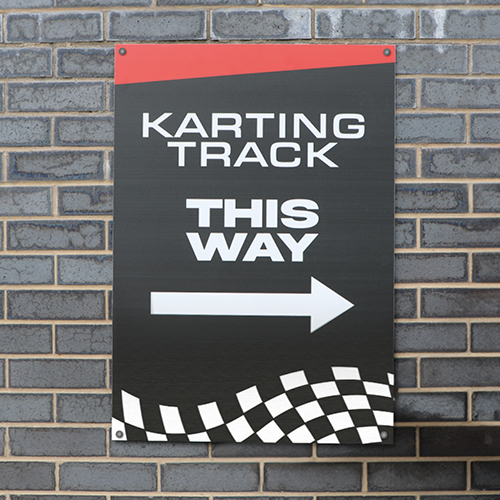
Comparing Materials: Indoor vs. Outdoor
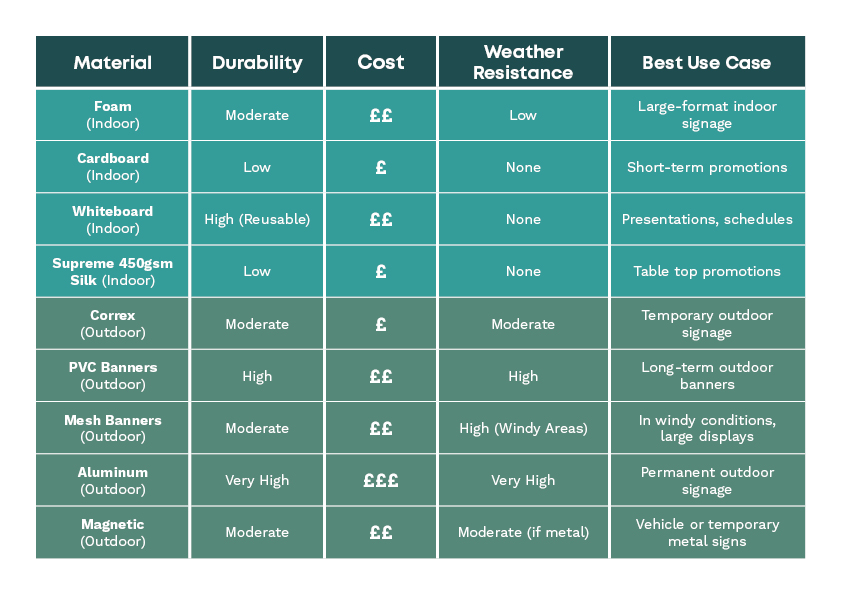
Conclusion
Choosing the right material for your large-format print project is crucial to its success. Whether you’re working on an indoor display or an outdoor sign, selecting a material that meets your durability, cost, and aesthetic requirements will ensure a stunning final product that lasts. For more information or to explore our full range of products, contact us today!



.png)

